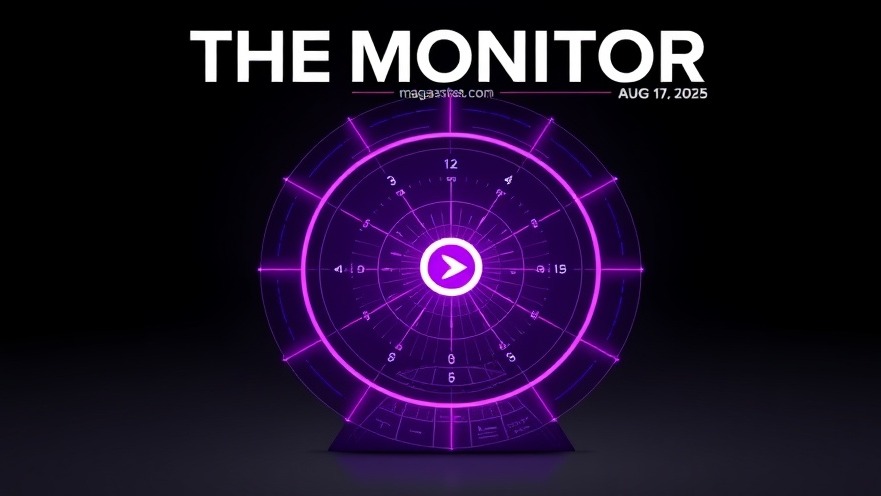
Understanding the Trust Gap in Health Information on Social Media
The latest Kaiser Family Foundation (KFF) Tracking Poll highlights a profound issue regarding the credibility of health information disseminated via social media. As surveys show, only 45% of adults trust the health content they encounter online, despite 55% of them actively seeking health advice through these platforms. This dissonance questions the efficacy of social media as a reliable health resource.
The Impact of Misinformation: Thimerosal and Autism Claims
Recent discussions have reignited the controversial claims surrounding thimerosal, a mercury-based vaccine preservative, and its supposed link to autism. Following the federal withdrawal of flu vaccine recommendations containing thimerosal, false narratives have surged, reflecting a significant misunderstanding of vaccine safety. Educating the public on scientifically supported evidence is critical to counteracting these misleading claims and fostering trust in immunizations.
Misleading Narratives About SSRIs and Pregnancy
Alongside vaccine misinformation, debates regarding the use of selective serotonin reuptake inhibitors (SSRIs) during pregnancy are also prevalent. Many still harbor misconceptions about the safety and necessity of antidepressant medications for expecting mothers. Understanding the clinical evidence behind these prescriptions is crucial for both patient well-being and informed decision-making, especially given the implications of untreated mental health issues during pregnancy.
Generational Divide: Younger vs. Older Users
Interestingly, trust in health content is notably higher among younger adults using platforms like TikTok and YouTube compared to their older counterparts. This generational divide raises questions about the underlying reasons for this disparity. Is it the nature of content delivery, the influencers involved, or simply a difference in digital literacy? Addressing these aspects can enhance the trustworthiness of online health information.
Engagement with Influencers: A Small but Growing Trend
The role of social media influencers in disseminating health information remains minimal, according to the KFF poll. Only 14% of respondents said they regularly seek health advice from influencers, with just 5% able to identify a trusted health influencer. This suggests that while influencers may wield some power in shaping opinions, their impact in the health domain is still limited compared to traditional healthcare sources.
Building Trust: Essential Steps Forward
To bridge the gap in health information trust, healthcare organizations must engage with digital platforms and create transparent, clear communication. Collaboration with credible voices on social media, such as healthcare professionals, scientists, and people who share personal health journeys, can foster a more informed public. Increasing media literacy among consumers will also equip them to scrutinize health claims more effectively.
Conclusion: Take Control of Your Health Information
As suburban professionals invested in health and wellness, it is imperative that you actively seek credible sources and engage in discussions about health information. The landscape is constantly evolving, and it is your health—stay informed and trust but verify the resources you rely on.
 Add Row
Add Row  Add
Add 




Write A Comment